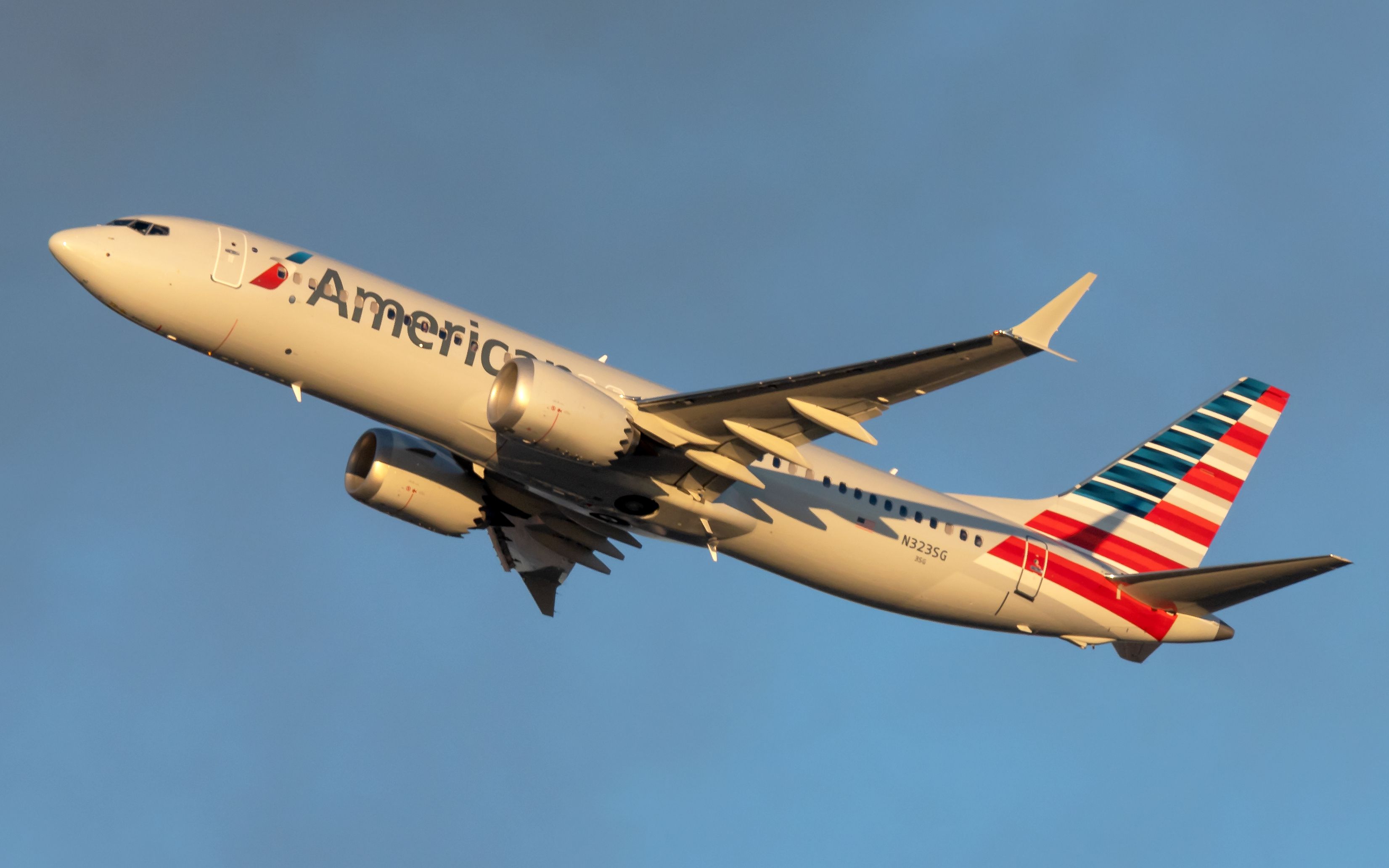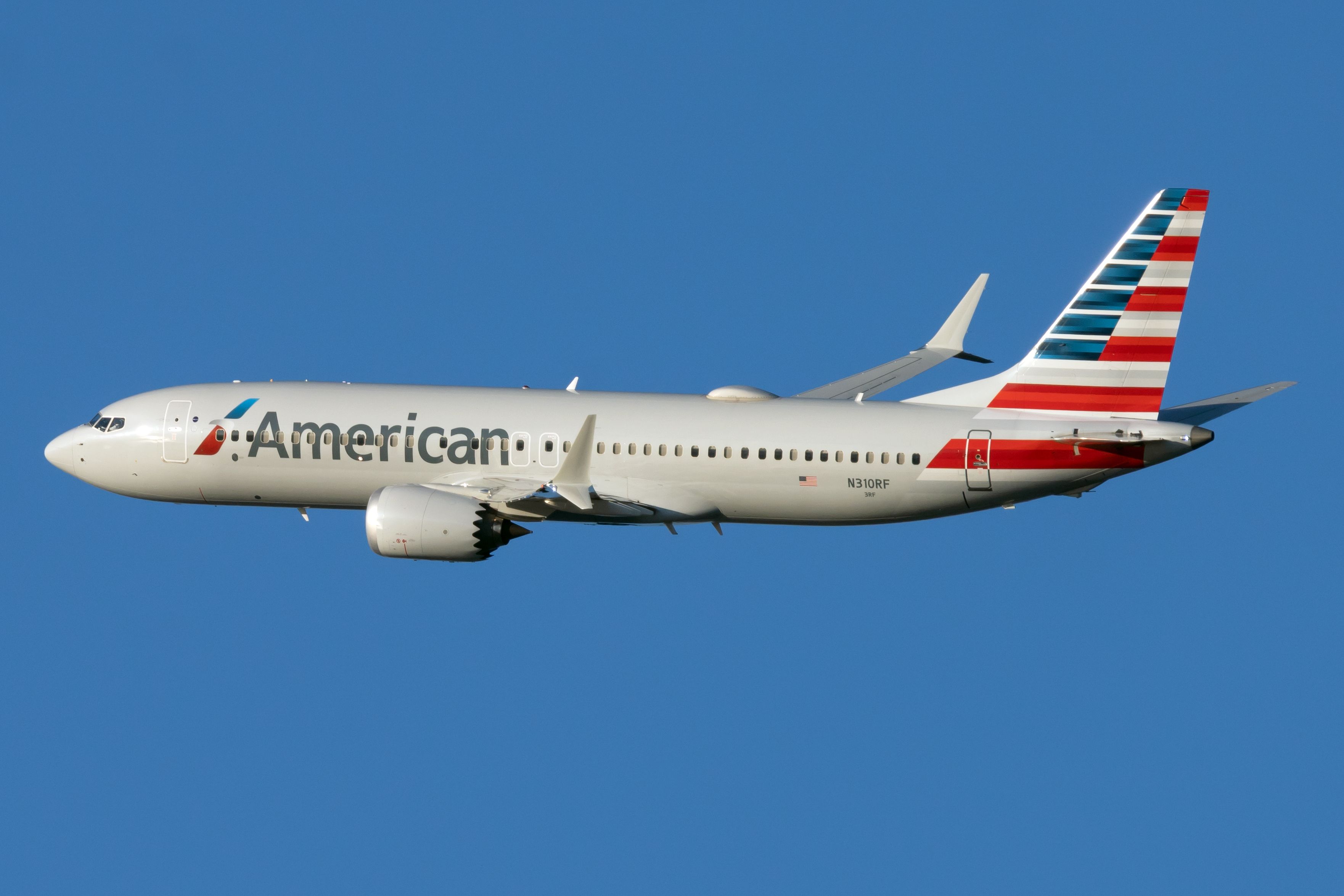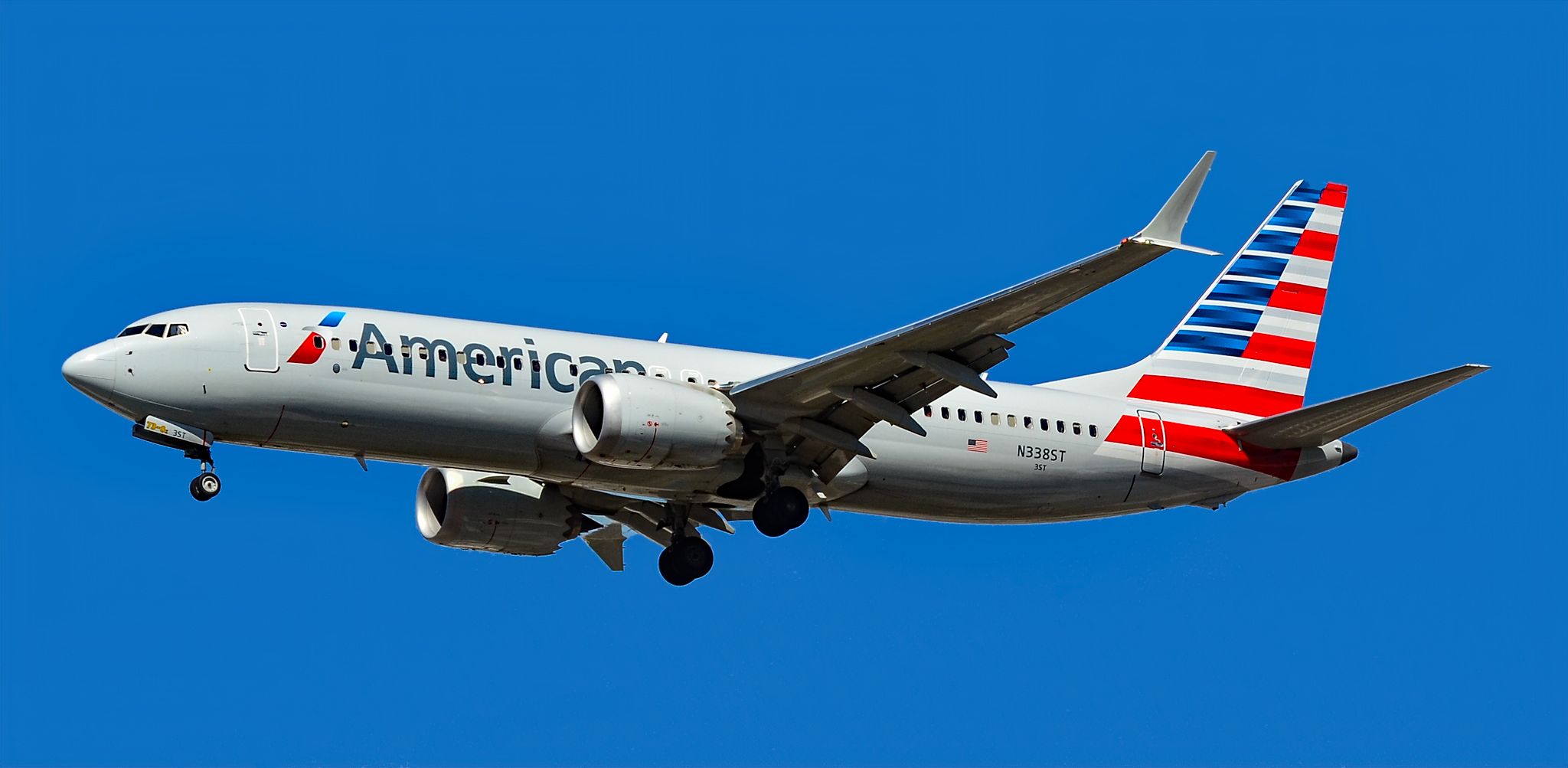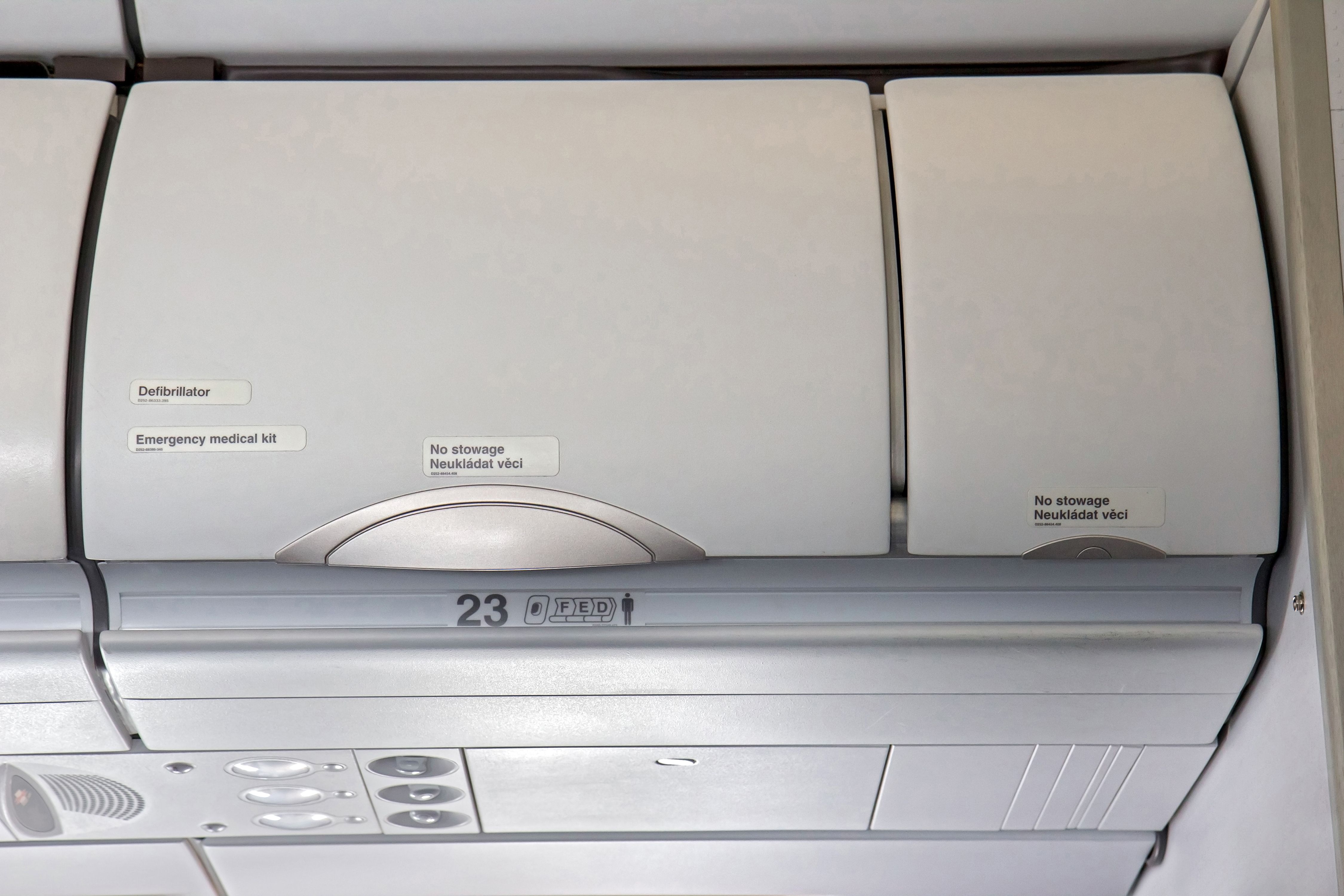A passenger aboard an American Airlines flight passed away due to cardiac arrest and an allegedly faulty defibrillator. The man, Kevin Greenridge, was aboard American Airlines flight AA614, a Boeing 737 MAX, traveling from San Pedro Sula to Miami International Airport (MIA) when he went into sudden cardiac arrest.
Faulty defibrillator
Greenridge became unconscious shortly after the American Airlines flight took off from San Pedro Sula, Honduras on June 4, and crew members immediately tried to administer a charge from the automatic external defibrillator (AED). However, the charge allegedly did not work and did not shock Greenridge. This was supposedly due to an uncharged battery.
The flight immediately diverted to Cancun, Mexico, and the airplane landed just an hour after departure. Unfortunately, it was sadly too late and Greenridge was unable to be revived.
Required medical equipment
A working automatic external defibrillator is just one of the required pieces of medical equipment aboard commercial flights. The Aviation Medical Assistance Act of 1998 requires a working AED that is FDA-approved aboard all flights that have a payload capacity above 7,500 pounds. The act also requires that employees aboard the flight be trained in resuscitation as well as the use of the required medical equipment.
Federal regulations also require that the onboard AED must be checked often to verify it is continuously in working condition. If the equipment is not functioning properly, the flight cannot depart until a replacement is loaded onto the airplane. The regulations also require that if an AED is used on a previous flight, a replacement battery must be located on the flight as well.
David McKenas was a corporate medical doctor that worked at American Airlines in the 1990s and early 2000s. He worked with American Airlines to become the first United States-based airline to incorporate defibrillators aboard its flights. Just a year after McKenas convinced the airline to start flying with defibrillators in 1997, an AED was used to save the life of a passenger suffering cardiac arrest. The passenger survived and the United States began requiring medical equipment like AEDs aboard all commercial flights as a result.
The pending lawsuit
According to The Dallas Morning News, a lawsuit was filed in the district court in New York early last week. The suit was filed by Kevin Greenridge's mother, Melissa Arzu. A lawyer representing Arzu stated that American Airlines "hastened the untimely death" of Kevin Greenridge due to their failure to follow federal guidelines by not keeping the AED in working order.
The suit alleges that the onboard defibrillator was not working properly and this was in direct violation of FAA regulations, and a result of carelessness by American Airlines. The lawsuit also alleges that the employees were not properly trained in resuscitation.
Greenridge's family is seeking an unspecified amount due to gross negligence that led to death. The family additionally is seeking compensation for damages due to pain and suffering. The suit also mentions a claim under the Montreal Convention, which places liability on an airline when a passenger is injured or killed aboard a flight.
Source: The Dallas Morning News




